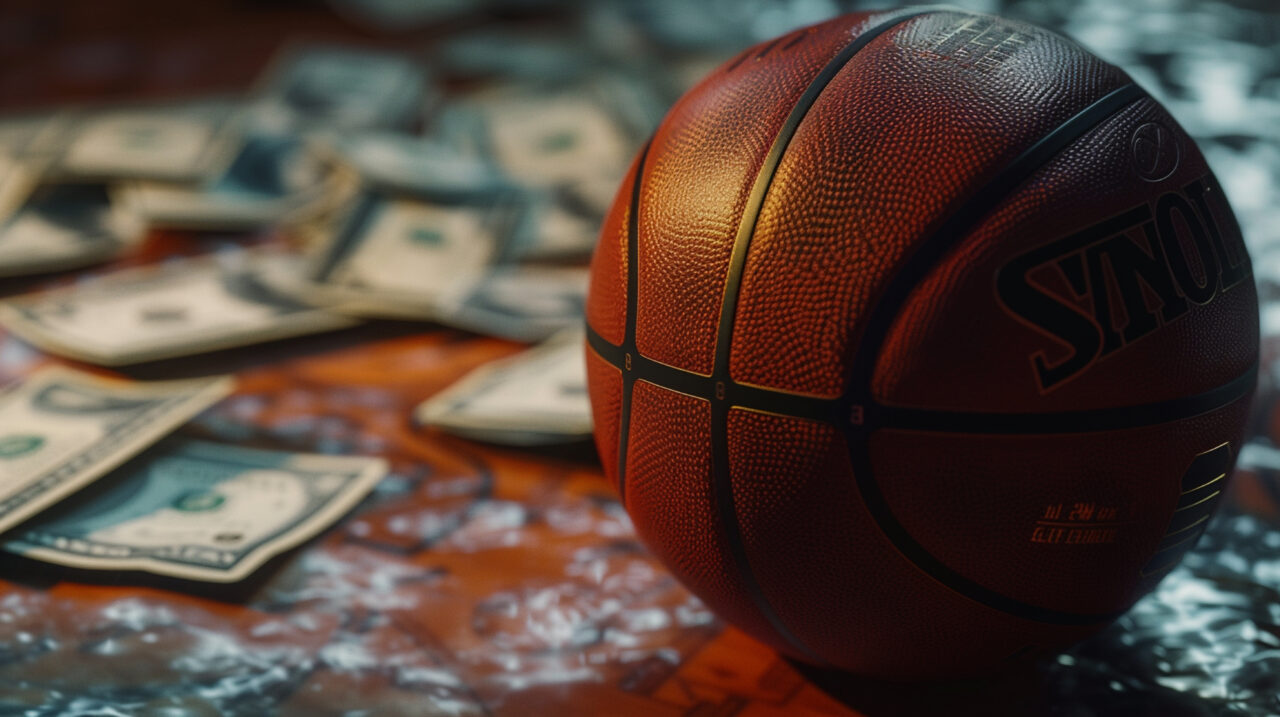
The debate over college athlete compensation while training, competing, and representing their schools is playing out across U.S. campuses, sports talk shows, and courtrooms.
But the playing field that may matter the most is this fall’s presidential election.
Donald Trump and Kamala Harris have radically different views on labor and unionization. And with more than 520,000 collegiate athletes under the NCAA umbrella, the next President’s appointees to the National Labor Relations Board (NLRB) will determine whether the bulk of those athletes will be treated as employees, fully professionalizing the collegiate space.
This isn’t just another policy debate — this election is the pivotal championship game for college sports reform.
Currently, athletes can profit from their name, image, and likeness (NIL), earning money through endorsements, product promotions, and public appearances.
The majority of NIL earnings go to star athletes, with Florida student-athletes among the nation’s leaders in securing big deals.
But in reality, most student-athletes don’t make very much from NIL. According to NCAA figures, the median income for student-athletes is just $461 per year.
Most athletes would stand to gain much more from the actions of the NLRB, which could permanently classify collegiate athletes as employees of their universities. This would afford them not only the right to wages but also additional employee benefits such as workers’ compensation, unemployment insurance, and the right to both unionize and collectively bargain with their schools.
The Biden-Harris administration — as well as its NLRB appointees — has been very labor-friendly, and we could expect a Harris-Walz administration to maintain the same approach. However, Republican appointees would be more likely to reject unionization and maintain the NCAA’s status quo — however uncertain — without granting student-athletes employee status or benefits.
What a Harris win means for college athletes
A Harris win could be transformational for most student-athletes who aren’t pulling in five-, six- or seven-figure NIL deals. As employees, athletes would gain the right to form unions, as the Dartmouth men’s basketball team already did, with initial NLRB support.
Four more years of a pro-employee NLRB could also help avoid NIL debacles, like the one that led to former University of Florida recruit Jaden Rashada suing football coach Billy Napier and a top Gators booster for allegedly backing out of a $13.85 million deal.
However, classifying college athletes as employees could also threaten the NCAA’s existence. The college sports athletic model might soon resemble professional leagues rather than the hybrid amateur/professional model it has been operating under since the NIL era began in 2021.
Employee status could also affect scholarship protections. If athletes underperform on the field, as employees, they can be fired more easily than athletes and have their scholarships stripped away.
Additionally, if universities face millions in new payroll costs, some could opt to cut teams and sports entirely, reducing scholarship opportunities for future athletes. Schools outside the Big Ten and SEC — like FAU, FIU, and USF — already struggle to balance their athletic budgets.
What a Trump win means for college athletes
While many sports law experts have described employee status for athletes as an inevitability, a Trump win would upend the steady progression supporting that conclusion — and either preserve the current status quo or possibly lead to legislation that prevents college athletes from being considered employees or unionizing.
Under Trump, college athletes would remain independent contractors, meaning they would not receive guaranteed wages or labor protections associated with employee status.
It isn’t clear where a second Trump administration would come down on the pending House v. NCAA settlement, which proposes to distribute a maximum of $22 million of revenue sharing, per school, to athletes. The settlement would allow universities to hold onto their power and a large chunk of their revenue, while star athletes could continue to negotiate their individual pay; but most athletes would not receive additional compensation beyond their scholarship, and whatever NIL deals they could negotiate for themselves.
However, there is one potential wild card outcome that neither party seems anxious to embrace: Congressional reform to expand the Ted Stevens Act. The same law governs Olympic sports. Lawmakers have the power to create a new model for college athletics that protects both athletes and the universities that support them.
However, recognizing how difficult it is for Congress to even agree on the name of a new post office, the future of college athletics likely rides on this presidential race. The decisions made in the voting booth may very well reshape the lives of student-athletes for generations to come.
___
Robert Boland is the Leisure and Sports Business Sector co-Chair at Shumaker Law Firm, with a practice focusing on collegiate and professional sports. You can contact Boland at [email protected].





One comment
rbruce
September 23, 2024 at 1:13 pm
NIL for individuals is a bad policy because it does not distribute revenue to supporting teammates. Even famous athletes in individual sports won’t distribute money to coaches, trainers and others who made them famous.
Comments are closed.